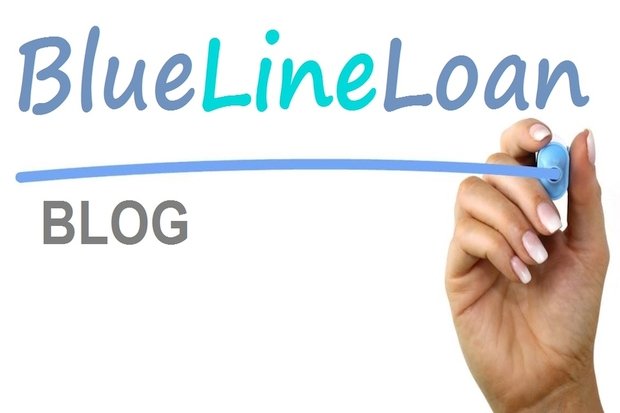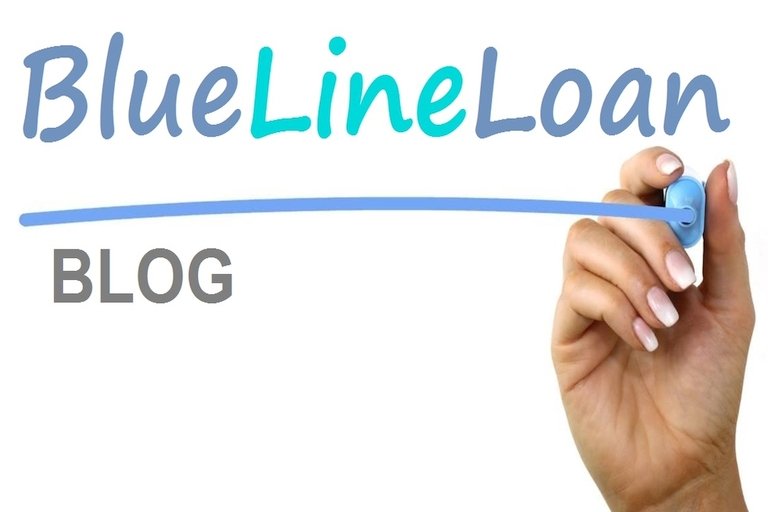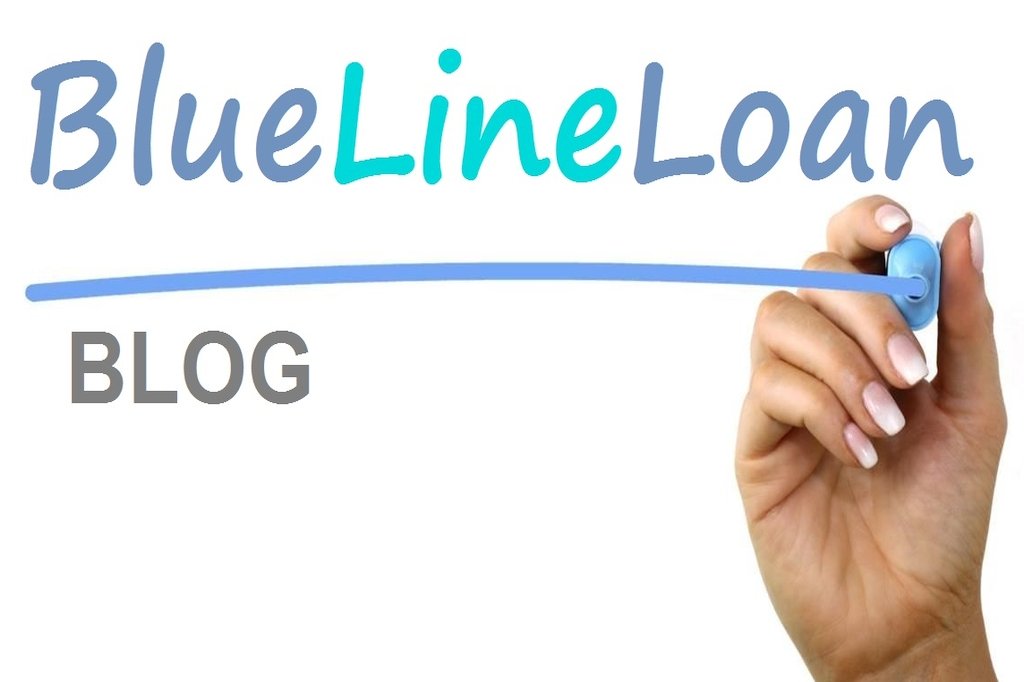





August 27, 2020
Everyone who has made use of Payday Loans will understand the love/hate relationship they are based upon. The moment you get the money, you love the lender. But when the end of the month comes along, there is no trace of that love anywhere to be found. Instead, your "love" turns to hate, because it is time to pay the money back - with interest.
State and Federal Authorities on Payday Loans
Before going deeper into this love/hate relationship, let's take a look at the way different states and federal authorities handle Payday Loans. Or more specifically, how many of them actually feel the need to protect the consumer against high-interest rates. As it stands, at least fifteen states are focused on preventing extremely high-cost Payday Loans. For example, Georgia doesn't even allow Payday Loans and prohibits them by labeling the service as racketeering. New York and New Jersey also protect consumers by capping the annual interest rates to 25 and 30% respectively. The states that join them all use federal law to curb how much lenders can potentially earn from an individual Payday Loan, hoping it won't drag consumers deeper into financial strains. Then there are states like Maine, Oregon, and Colorado, which permit lower-cost payday lending. This leaves thirty-two states that don't care about consumer protection. In other words, they authorized high-cost Payday Loans either because they couldn't cover the loopholes used by the lending industry to push for higher rates, they removed all the caps related to small loans, or they simply enacted it through legislation. Some of these states include Alabama, Kentucky, Rhode Island, South Carolina, Washington, Texas, and California.
People's Attitude towards Payday Loans
As mentioned above, the people who make use of Payday Loans don't see things the way government does. And by looking at the numbers, most states don't even see a problem with the way lenders are doing business. And are they really so wrong for having this "reckless" attitude?
Because when it comes down to it, when you need money in the heat of the moment, the long-term consequences don't matter. You have something that requires urgent financial attention, and lenders that offer Payday Loans provide such a quick and effective answer. They don't ask too many questions, and your credit score won't have such a big influence on whether you even get approved. Plus, you get the money almost instantly. In essence, lenders make it incredibly easy for individuals to survive their immediate financial circumstances. And if you are one of those people who couldn't think of another way to get your hands on some money without doing anything illegal, it is a service that comes in very handy.
But at the same time, borrowers want to crucify Payday Loan lenders. They want to make noise about the high rates connected to the amount they have to pay back, although they didn't consider it when the money was needed. Yes, there is no denying that the high rates can be showcased as mere exploitation of desperate people, but did those people have anybody else to turn to at that point of desperation? And if they did, wouldn't it have made more sense to use the alternative?
Are Payday Loans Really A Bad Thing?
As much as we would like to blame lenders for putting us deeper in financial distress, it is not their mission in life or company motto. Instead, these are companies that aim to make a profit from their business dynamic, just like every other business aims to take home the highest profit margin possible. And as easy as lenders make it for people to have access to Payday Loans, it is just as easy for the borrower to shift the blame onto the lender. It is easy to accuse lenders of exploiting consumers, but who approached who exactly? The fact of the matter is that consumers seek out these types of loans. Of course, lenders advertise their services, but it is the consumer who makes the call and ultimately gets the ball rolling. This isn't to say that several lenders don't care much for an ethical business structure, but if they don't lend you the money, do you know somebody else who will?
Payday Loans are not such a bad thing if you handle it responsibly and with a clear head. If you actually take the time to read the fine print, ask the necessary questions, and find out exactly what you'll be paying, it is a service that can save you from an emergency situation. For the individuals who hastily rush into a Payday Loan, it is typically much easier for them to blame the company that gives them the money in a situation where they desperately need it. And it's situations like these that make you wonder, is it the lending company that doesn't have any ethics? Or is it way to deal with a short-sighted decision, seeing as lenders already have a stigma attached to them?
